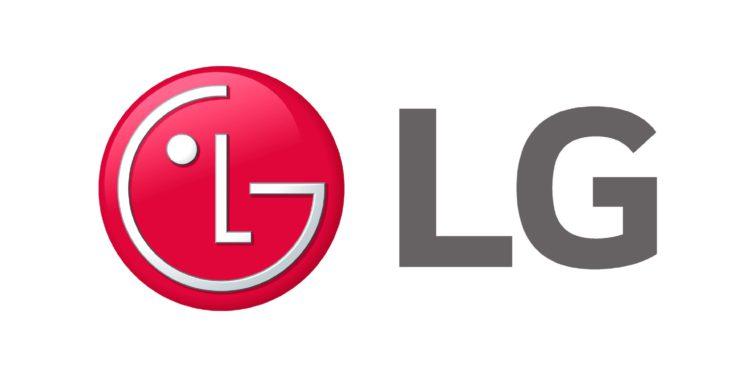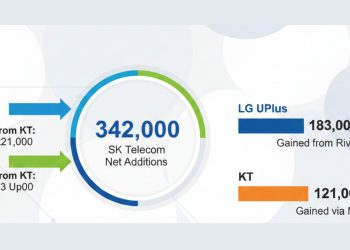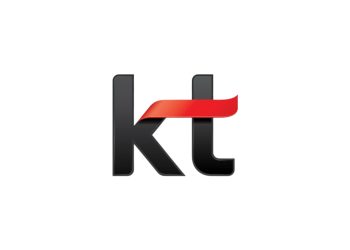South Korean wireless services provider LG Uplus Corp. has unveiled a collaboration with Space Exploration Technologies Corp., widely known as Space X. The partnership aims to introduce Starlink, a satellite internet constellation, to South Korea, addressing traditional internet coverage limitations.
Starlink utilizes low Earth orbit (LEO) satellites to provide a more accessible and reliable internet connection, a step toward future alternatives in satellite cellular services.
This partnership is LG Uplus’s strategic move to leverage Space X’s expertise and advanced technology in the aerospace domain, tapping into the potential of LEO satellites for enhanced internet services. As the demand for efficient and widespread internet connectivity continues to grow, the introduction of Starlink in South Korea showcases an approach to overcome existing coverage constraints.
In recent developments, sources familiar with the collaboration reveal that LG Uplus successfully concluded discussions with Space X, the manufacturer of Starlink. Distinct from other mobile carriers that involved their affiliated companies in negotiations, LG Uplus took a direct approach to establishing this partnership.
Unlike its counterparts, LG Uplus demonstrated a unique commitment by engaging in direct negotiations with Space X, reinforcing its dedication to delivering cutting-edge technology directly to its customer base. This direct collaboration will help LG Uplus harness the potential of Starlink’s LEO satellite technology.
In a strategic move, Space X established Starlink Korea LLC in November 2022, exclusively catering to the Korean market. The subsidiary’s recent application for business registration with Korean authorities indicates Space X’s keen interest in expanding its Starlink services within the country. The Ministry of Science and ICT is set to conduct a comprehensive review of Starlink services, assessing factors such as service quality and user protection terms before approving.
While Starlink’s current services may not match the quality of established fifth-generation (5G) and LTE mobile wireless internet from traditional carriers, experts anticipate a competitive advantage in areas lacking reliable wired internet and Wi-Fi access. This includes remote maritime locations and challenging mountainous regions. Starlink’s satellite internet aims to fill the connectivity void in these regions, offering individuals and businesses a means to stay connected and access crucial online resources.
In response to the submitted application, the Ministry of Science and ICT is anticipated to initiate a thorough qualification review, assessing the quality of Starlink services, user protection terms, and various other factors before making a determination on approval.
Also Read:
- South Korea’s 2024 Basic Research Project: A $1.5 Billion Investment in Innovation
- Kakao’s Reign at Risk: YouTube’s Surge in South Korea’s Mobile Usage Landscape
- SK and Bloom Energy Join Forces for Major Green Hydrogen Project
- Samsung’s Vision for 2027: Humanoid Sensors Bringing AI to Camera Sensors
- LG’s CES 2024 Showcase: MyView Smart Monitors Unveiled







